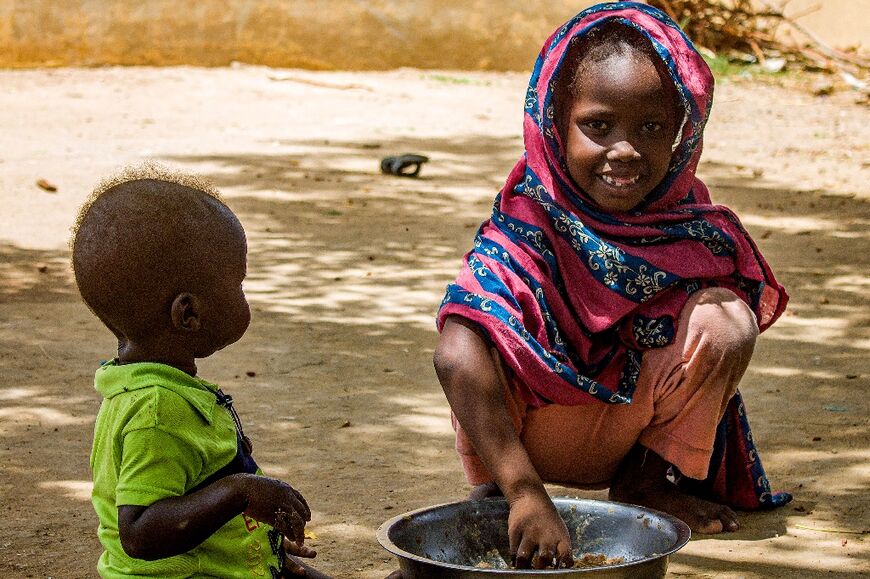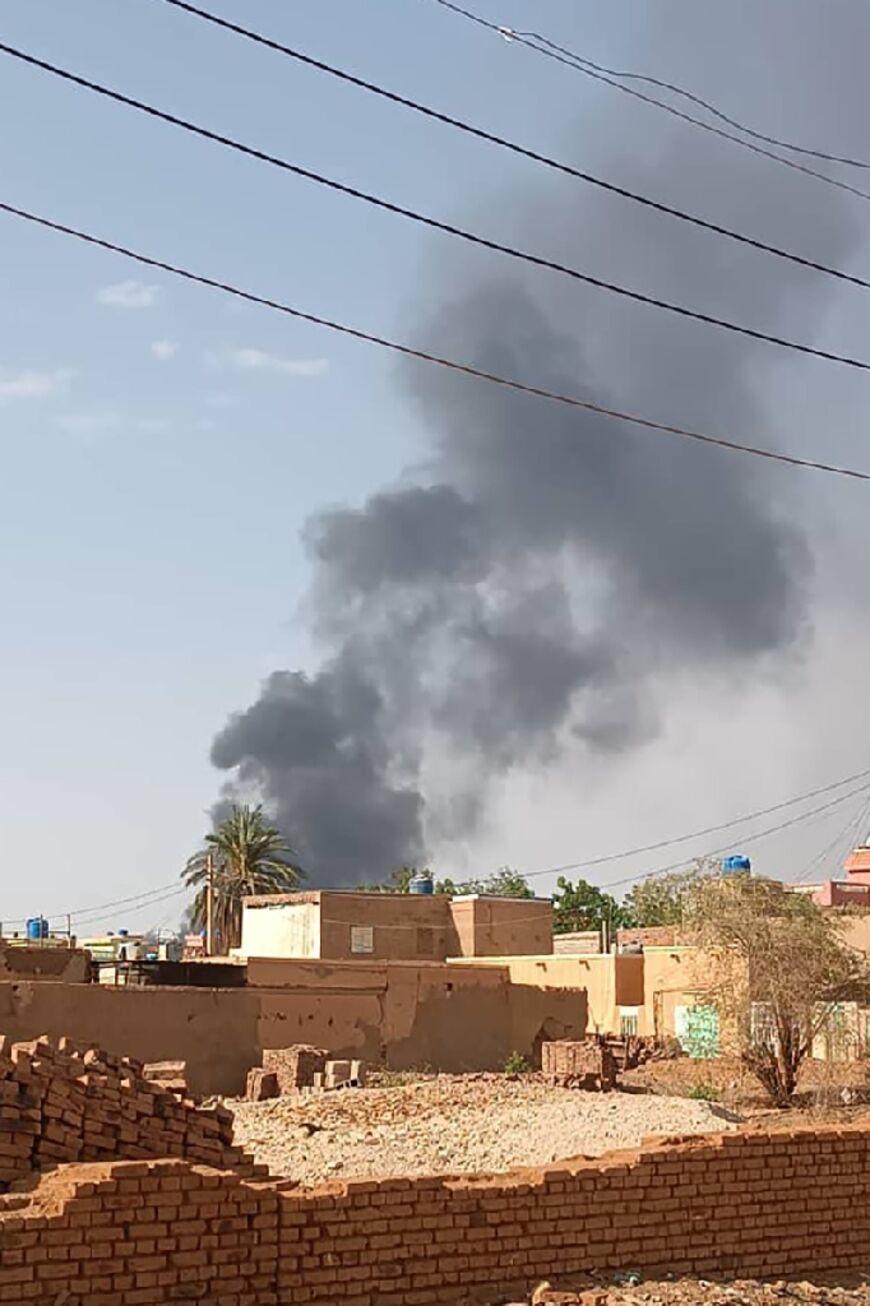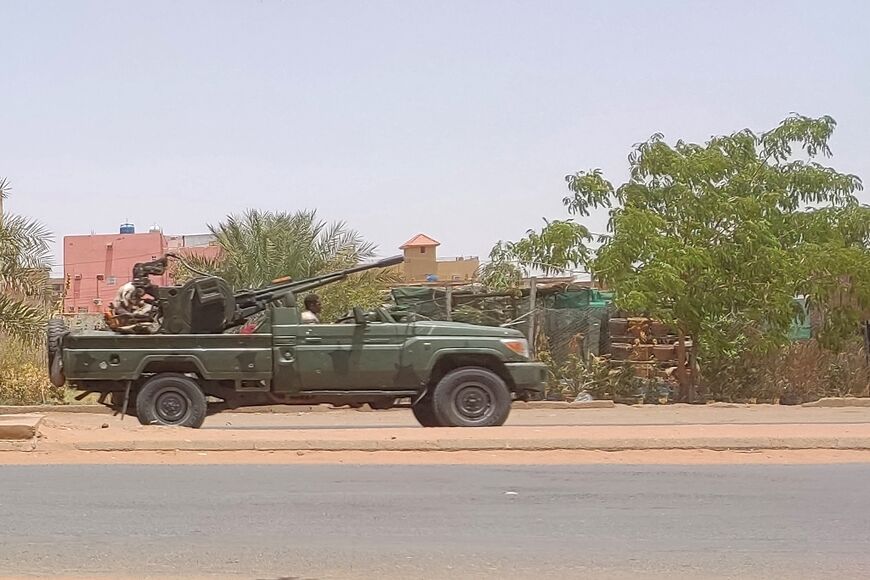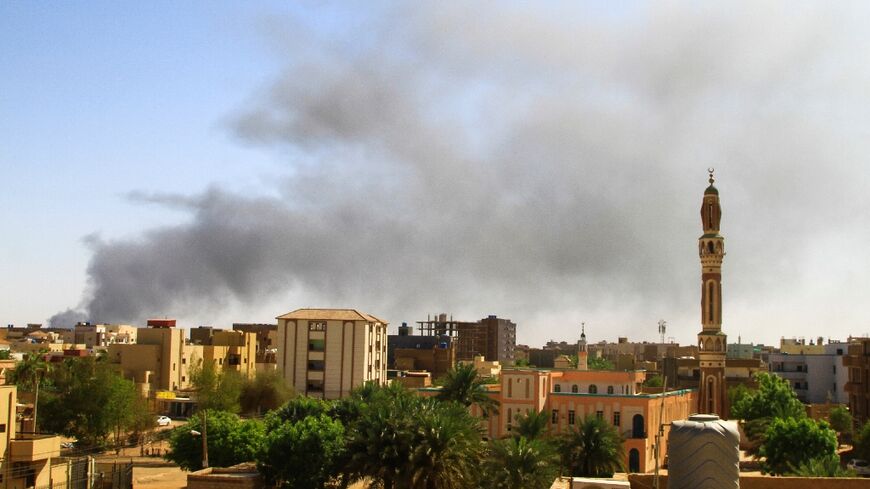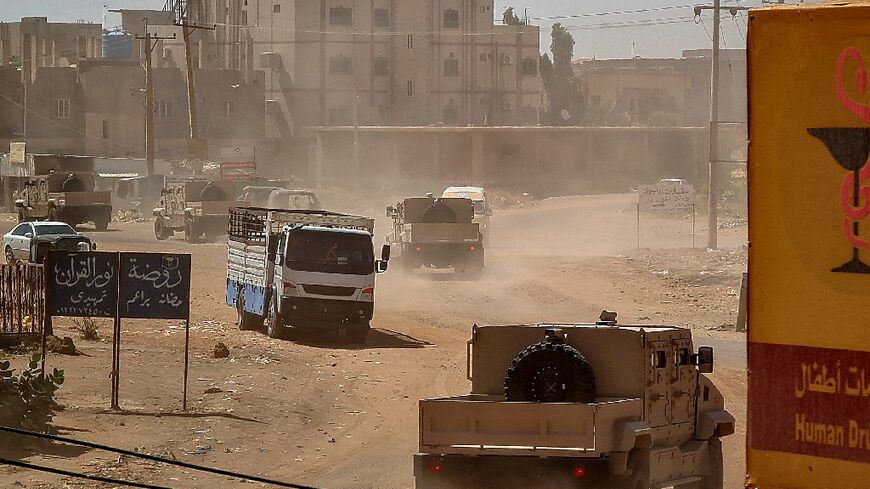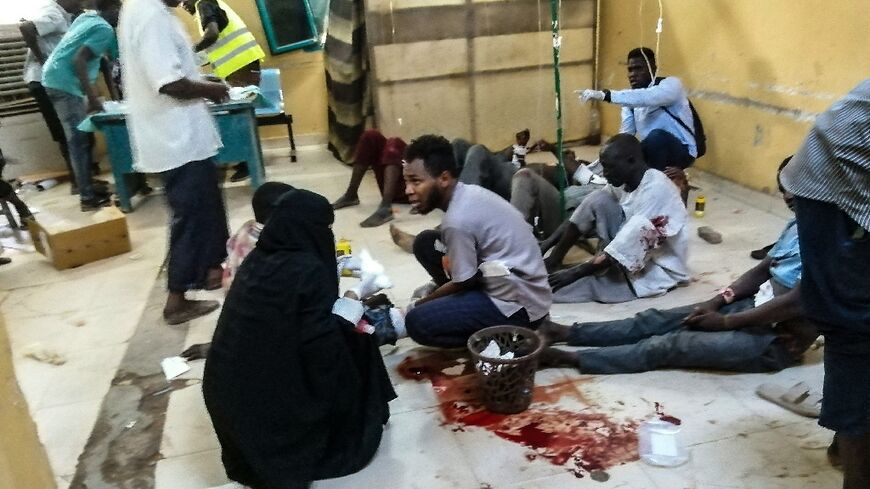One child killed or wounded every hour in Sudan's 100-day-old war: UN

One Sudanese child has been killed or wounded every hour on average during the country's brutal war that has now raged for 100 days, the UN children's agency said Monday.
The army led by Abdel Fattah al-Burhan and the paramilitary forces of Mohamed Hamdan Daglo have been locked into a battle to "win or die" since April 15.
UNICEF said it had documented "2,500 severe violations of children's rights -- an average of at least one an hour" since the fighting began.
The agency said at least 435 children had been killed and 2,025 injured, but added that the true figure was likely far higher.
Another 14 million children are in need of humanitarian support, according to the agency.
"Every day children are being killed, injured, abducted and seeing the schools, hospitals and the vital infrastructure and life-saving supplies they rely on damaged, destroyed or looted," said Ted Chaiban, UNICEF Deputy Executive Director for Humanitarian Action and Supply Operations.
"Parents and grandparents who lived through previous cycles of violence are now having to watch their children and grandchildren experience similar horrific experiences."
- 'Brink of collapse' -
At least 3,900 people of all ages have been killed across Sudan in the conflict, according to a conservative estimate.
More than 3.3 million have fled their homes, 700,000 of them to foreign countries. Millions more have been plunged into hunger.
Now, over half of Sudan's 48 million people need humanitarian aid to survive, but the UN and aid groups are struggling to help due to a lack of permits from the authorities and of funding from international donors.
According to the Norwegian Refugee Council, Sudan is "on the brink of collapse, grappling with an unprecedented series of crises".
"Sudan was already facing an overwhelming and vastly neglected humanitarian crisis before the war broke out. The first 100 days of fighting have brought it to catastrophic levels."
The situation is expected to worsen during the rainy season which heightens the risk of flood, famine and the spread of diseases including malaria and cholera.
- 'None will return' -
Sudan's war has sparked fears it will destabilise the wider region.
One of the top army commanders, Yasser Atta, fiercely criticized Kenya on Sunday over a proposal to consider sending African peacekeepers to Sudan.
"Let Kenya send its army and the armies of the countries that support it, along with all other mercenaries. None of their men will return," he declared to his forces.
Some of the fiercest fighting has raged in the capital Khartoum, where the army has launched air strikes to try to dislodge the paramilitary RSF.
The army has also tried to cut off supplies to the RSF from the southern region of Darfur, a major stronghold of the paramilitaries and of Daglo.
On Monday, the army announced the closure of the highway linking Khartoum and Darfur because "it is used by rebels to transport looted goods to civilians and to bring mercenaries to Sudan".
"Any vehicle using that route will be a military target," the army added.
The conflict has been complicated as some of the country's myriad rebel groups have joined the fray.
The Sudan People's Liberation Movement-North, led by Abdelaziz al-Hilu, on Monday besieged Kadugli, the capital of South Kordofan, residents said.



